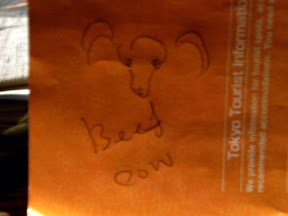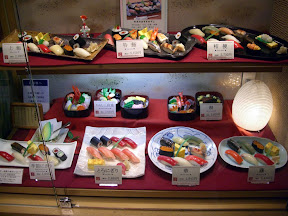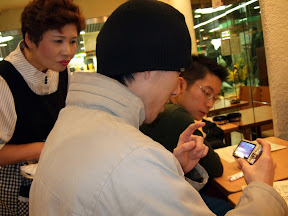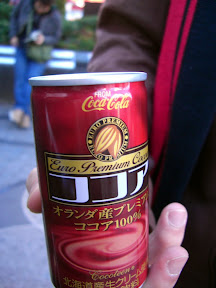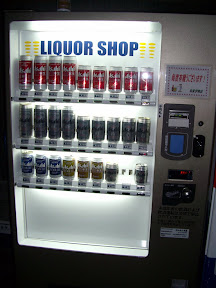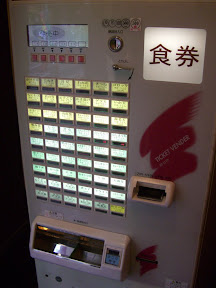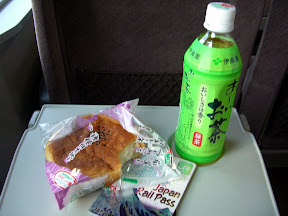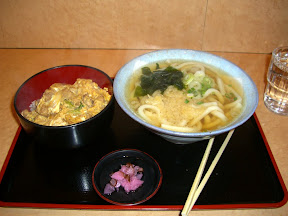My new friends were understandably disgusted. Even I myself haven't tried some of the foods that they have seen. But it got me thinking. If a Chinese tourist goes to Europe or America what would he think about the food there? (here is a good summary) Perhaps a conversation like this will take place in the future between two Chinese students in Beijing.
Chinese student A: Hey dude, check out what I got from my backpacking trip.
Chinese student B: What's that...
Chinese student A: Goose Liver.
Chinese student B: That's cool.
Chinese student A: It's a western delicacy.
Chinese student B: I see...Hey, what's that other thing?
Chinese student A: This is deer testicle.
Chinese student B: Ahh. I didn't know you're into these things...
Chinese student A: It's a western exotic food, jackass.
Chinese student B: and what's that?
Chinese student A: Bull balls.
Chinese student B: They actually let you into the border with this stuff? (maybe I should talk to the fraternity brothers about this...)
Chinese student A: Check this out. This is called blue cheese. The Europeans like to leave it outside the fridge because it needs to be alive.
Chinese student B: Holy crap! What's that smell? Your socks?
Chinese student A: It's suppose to be alive. Alive!
Chinese student B: Get that out of the house right now. This smell is lethal!
Chinese student B: What's that...
Chinese student A: Goose Liver.
Chinese student B: That's cool.
Chinese student A: It's a western delicacy.
Chinese student B: I see...Hey, what's that other thing?
Chinese student A: This is deer testicle.
Chinese student B: Ahh. I didn't know you're into these things...
Chinese student A: It's a western exotic food, jackass.
Chinese student B: and what's that?
Chinese student A: Bull balls.
Chinese student B: They actually let you into the border with this stuff? (maybe I should talk to the fraternity brothers about this...)
Chinese student A: Check this out. This is called blue cheese. The Europeans like to leave it outside the fridge because it needs to be alive.
Chinese student B: Holy crap! What's that smell? Your socks?
Chinese student A: It's suppose to be alive. Alive!
Chinese student B: Get that out of the house right now. This smell is lethal!
Some Chinese tourists will be open minded, but some would not be so open minded. Tourism is one of the best ways for two countries to understand each other at a direct, human level. There will be misunderstandings during the first visit, but I'm sure if these Chinese students travel to America few more times they would understand that some of these exotic foods are just not eaten by majority of the population, and might even come to enjoy some of them.
Next year after Beijing Olympics you will hear stories about strange Chinese foods from people who just come back from the game. You will see pictures of pig ears on Flickr or watch dangerous Chinese highway driving on YouTube. It's natural to highlight what is different when visiting a new country. Just hope that it will only be the first of many visits by both sides.




















